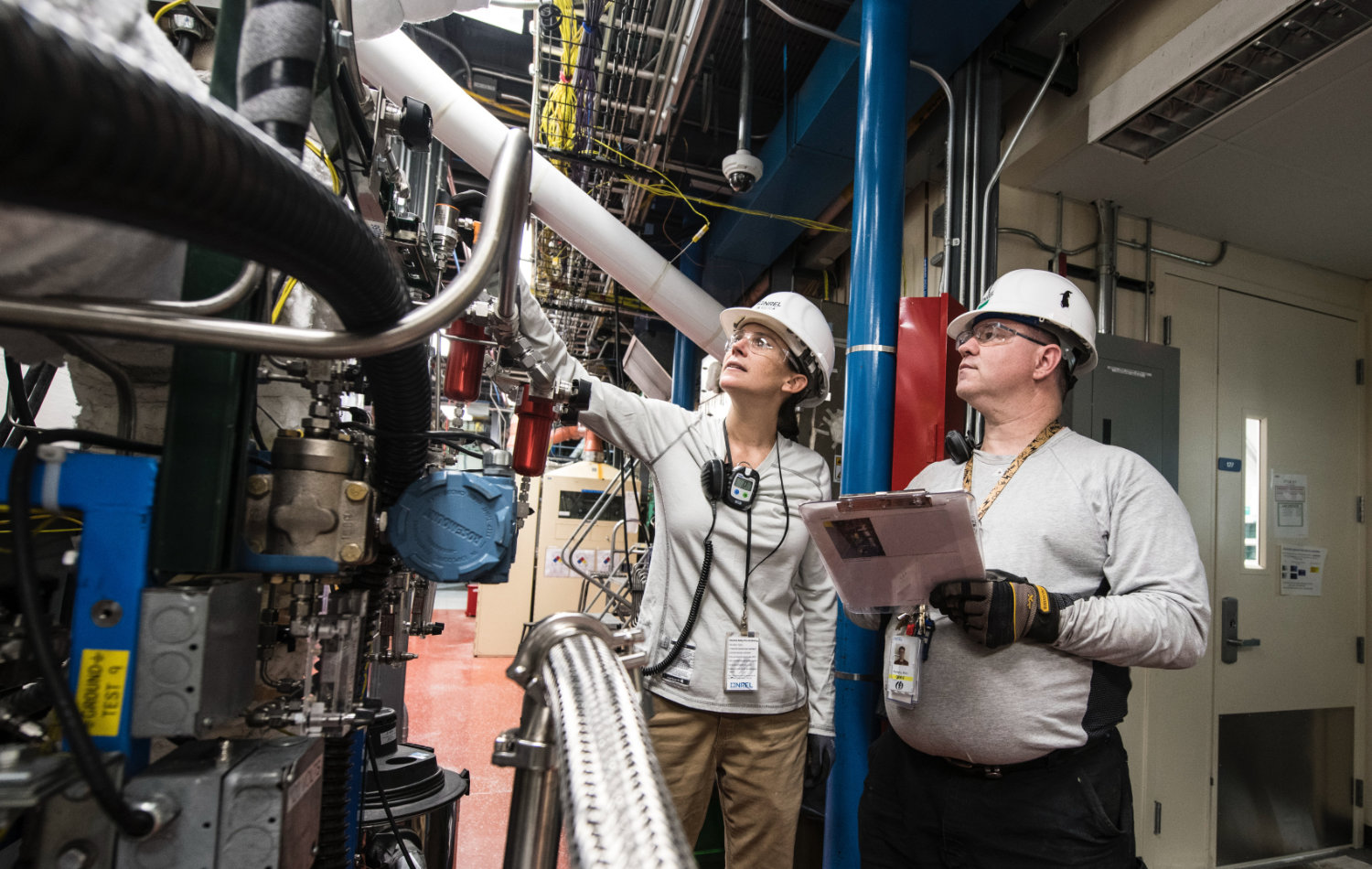Incorporated Engineers share their experiences and explain the benefits of registration to their career.
Incorporated Engineers maintain and manage applications of current and developing technology, and may undertake engineering design, development, manufacture, construction and operation.
Incorporated Engineers are able to demonstrate:
- The theoretical knowledge to solve problems in developed technologies using well-proven analytical techniques
- Successful application of their knowledge to deliver engineering projects or services using established technologies and methods
- Responsibility for a project and financial planning and management together with some responsibility for leading and developing other professional staff
- Effective interpersonal skills in communicating technical matters
- Commitment to professional engineering values.
Benefits of the Incorporated Engineer professional qualification
- Recognition that you are a professional
- Identifying that you have the competences, expertise and work ethics that employers value
- High status and self-esteem
- Improved career prospects
- Greater influence within your organisation and industry
- Higher earnings potential
- Access to life-long learning
- Being part of a network of professional engineers
- International recognition of your professional qualification
- Demonstration that your competence may be compared with standards applicable in other parts of the world
- Letters after your name e.g. J. Smith IEng.
- Your employer will also benefit as increasingly, tendering or post-tender contract compliance requires key members of the project team to be professionally registered.
Eligibility
The Incorporated Engineer professional qualification is attainable by anyone who can demonstrate the required professional competences and commitment. These are set out in our professional standard, UK-SPEC, and are generally developed through education and working experience.
The process will be more straightforward if you have particular academic qualifications, which will also allow you to obtain interim registration.
For Incorporated Engineer these are:
- an accredited Bachelors or honours degree in engineering or technology
- or an accredited HNC or HND in engineering or technology (for programmes started before Sept 1999)
- or an HND started after Sept 1999 or a Foundation Degree in engineering or technology, plus appropriate further learning to degree level
- or an NVQ4 or SVQ4 which has been approved for the purpose by a licensed engineering institution.
However, you can still become an Incorporated Engineer if you do not have these academic qualifications.
Further information about the assessment process can be found in the UK SPEC.
How to Apply for Incorporated Engineer
You may apply for IEng through IHEEM.
If you are not already a member of IHEEM, details of the additional benefits and how to apply may be found here.
The IHEEM team can provide further information and will advise and support you throughout the registration process.
Incorporated Engineer eBook
Download a copy of the Incorporated Engineer ebook, the definitive guide to advancing your career in engineering by becoming an Incorporated Engineer.


